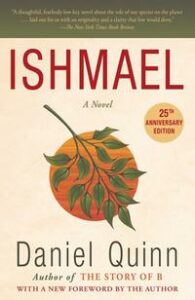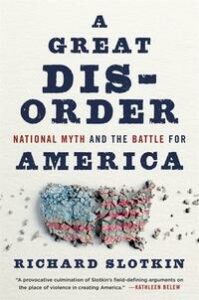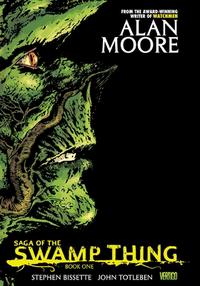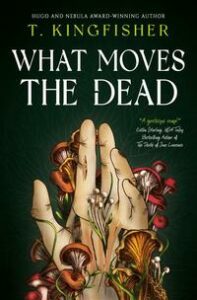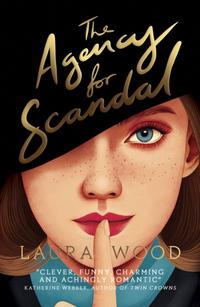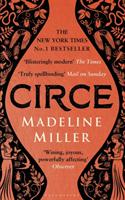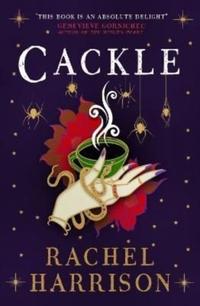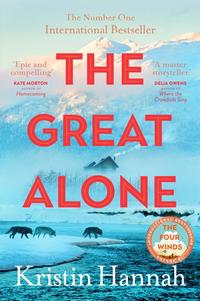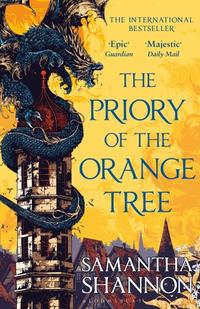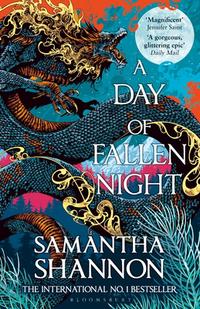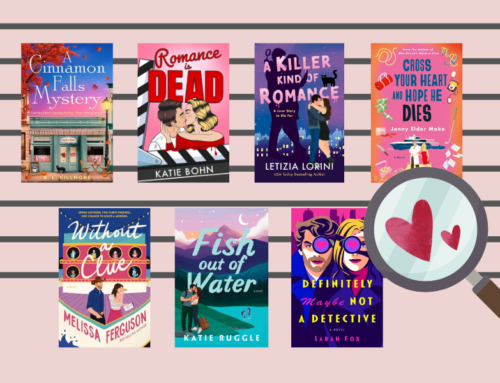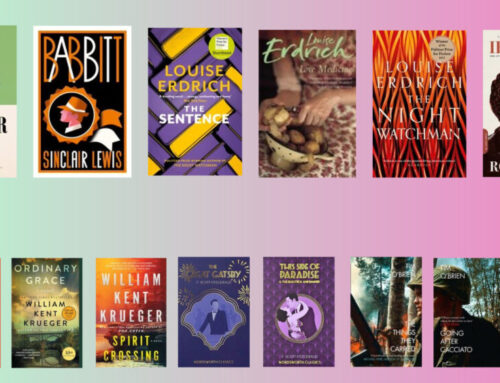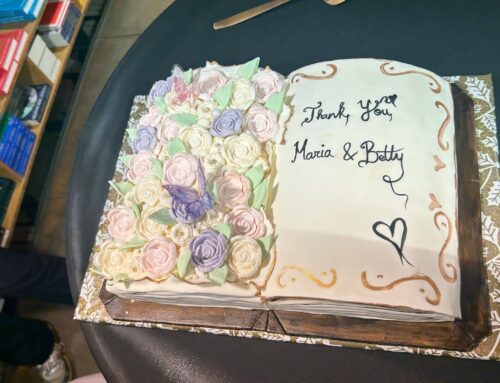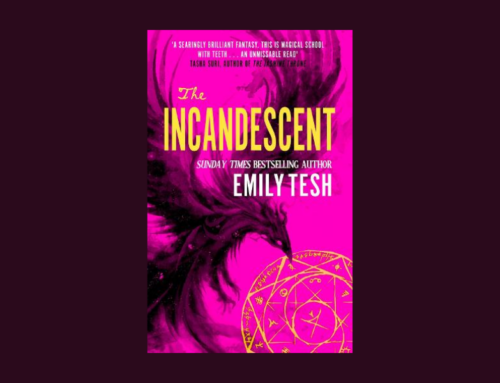After a little time off to smell the spring flowers, we’re back with our staff picks!
Luke and Iris love doing them. They get to ask our colleagues what they’re reading and loving and what our customers are enjoying.
And of course, they get to talk about books.
We love talking about books!
Lynn, our big boss and a store feature from almost the beginning of ABC, always has something to recommend. This time she came up with Ishmael by Daniel Quinn. He hasn’t written many books, but they all have quite philosophical ideas.
“When a man in search of truth answers an ad in a local newspaper from a teacher looking for serious students, he finds himself alone in an abandoned office with a gorilla named Ishmael,” says the publisher’s blurb.
In Ishmael, Quinn discusses how human beings have been on Earth for so long, but only in the last 10,000 years have we started using the planet’s resources. The more we use, the more we grow and the more we waste, getting us closer to a planetary disaster. But humans have a capacity to adapt to a new environment.
Jeroen, our history buyer in Amsterdam and one of our adjunct directors, recommends A Great Disorder by Richard Slotkin. Jeroen had read Slotkin’s The Fatal Environment, and A Great Disorder falls under the same rubric: how politics uses and misuses myths to explain the world. Whereas The Fatal Environment talks about the new frontier in the US, A Great Disorder talks about the current affairs of US politics and extremism both on the left and the right of the country’s political parties.
Floris recommends The Swamp Thing by Alan Moore, who writes gritty stories such as V for Vendetta and Watchmen. The Swamp Thing falls into the same category.
Natalia, who doesn’t usually read horror but is delving into it because of her partner, recommends What Moves the Dead by T. Kingfisher. Says Natalia: “A fungiesque take on Edgar Allen Poe’s The Fall of the House of Usher. Kingfisher does a great job of describing poisonous fungi slowly taking over the ancestral home of the Usher family and the remaining family members inside. Read in one sitting.”
Bob recommends The Factory by Hiroko Oyamada because “it’s short, well-written and a bit weird.” The Factory follows three workers at a sprawling industrial factory. Each worker focuses intently on the specific task they’ve been assigned. But their lives slowly become governed by their work and after a while—it could be weeks or years—the three workers struggle to answer the most basic question: What am I doing here?
March was Women’s History Month, but it’s never too late to add extra titles related to women and women in history!
Our first recommendation comes from Naomi, with Laura Wood’s The Agency for Scandal. It’s a YA book set in the late 19th century about an all-female Secret Agency working to right the wrongs perpetrated by powerful men against women, which sounds pretty badass. “You might have to suspend your disbelief at a bunch of 18-year-olds being spies and master thieves,” says Naomi, “but once you do, it’s a very entertaining, well-written easy read. There’s a great cast of female protagonists doing their best to help other women and have fun while doing it.”
It sounds like fun. Teenagers quite often want to be spies and play with gadgets, and this story certainly appeals to this evergreen feeling.
Emma V. recommends two books, the first being Circe by Madeline Miller “because we need to discuss the trope where women are described as witches, an old trend and trick men use to fight against women who don’t conform. The interesting thing is that the figure of the witch is something that is very much connected to strong women. Historically, this had a negative connotation and the stories were mostly written by men, who used the witch stereotype for strong independent women who bewitched or, more accurately, outsmarted “innocent” men like Circe, changing men into swine.”
Emma connects Circe to Cackle by Rachel Harrison: “I like that in modern novels there’s often a strong woman who doesn’t want to depend on a man and learns witchcraft from another witch but in a positive way. It takes that stereotype and turns it on its head. It’s used as a sign of female empowerment, and women have reclaimed the label. It also makes a big difference that Circe was written by a woman, and witchcraft is popular and currently connected to female emancipation and female independence.”
Simone wants everybody to read The Great Alone by Kristin Hannah. It’s about a daughter and her parents in the 70s who decide to move to Alaska. Says Simone: “A beautiful story about the daughter growing up and learning to survive with her mother in the merciless outdoors with an unpredictable and difficult father/husband, who is carrying invisible scars from his time in Vietnam.”
Iris recommends The Priory of the Orange Tree and A Day of Fallen Night by Samantha Sannon. “They are fantasy novels, with this medieval-coded vibe, and in a sense historical. They deal with a world in which history is super important, especially the role of certain women in history. It shapes the entire world. There are dragons, a cult of badass fighters, a court with its usual drama, but if you peel all this off it’s actually about the stories we tell and the parts of history we hide, how important they can turn out to be and how they literally save the world. And, in a way, it is also about taking control of your own narrative and being in charge instead of letting things happen to you. They are both quite chunky but are genuinely really good.”

